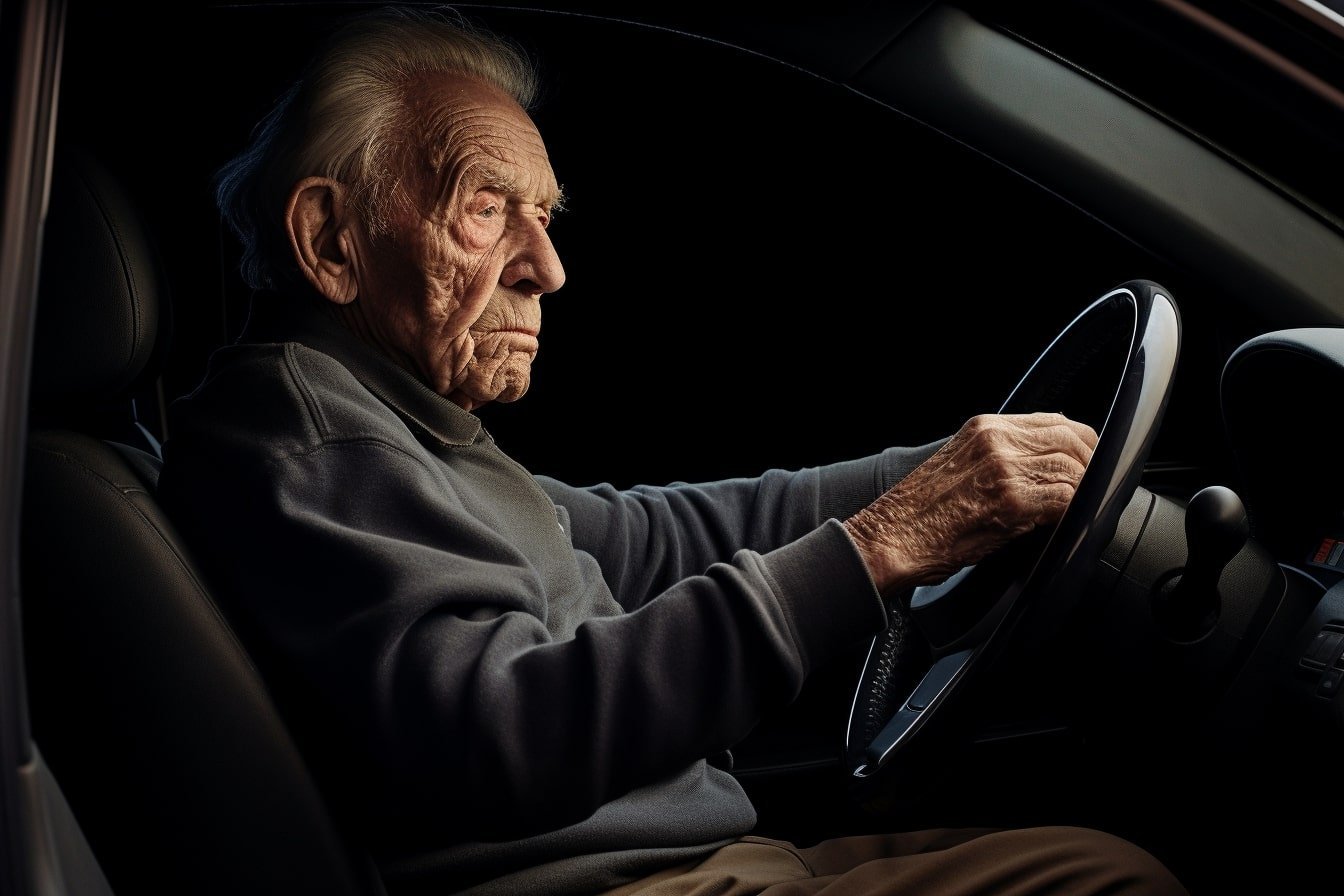You don't want this to happen so ask your doctor for EXACT STROKE PROTOCOLS TO RETURN TO DRIVING.
Health goes downhill when older adults stop driving
Maybe your doctor can look at these and actually help you get back to driving.
Predicting road test performance in drivers with stroke
Stroke survivor, researchers encourage patients to discuss driving with their doctors
Stroke survivors more likely to make dangerous driving errors
The latest here:
Cognition in Motion: A Hard Look at Aging Drivers
Summary: A recent study found a majority of cognitively impaired older adults in South Texas are still driving, raising safety concerns.
Of the over 600 individuals assessed, 61.4% of those with cognitive impairment were active drivers. While some with mild impairment may be able to safely drive, for others, it may be inappropriate.
The study emphasizes the importance of early and open conversations between patients, caregivers, and healthcare providers about safe driving practices.
Key Facts:
- 61.4% of older adults with cognitive impairment, surveyed in the study, continue to drive.
- The likelihood of driving decreases with the degree of cognitive impairment, irrespective of ethnicity.
- Around 35% of caregivers expressed concern about their care recipient’s ability to drive safely.
Source: University of Michigan
The majority of older adults with cognitive impairment are still driving, despite concerns raised by caregivers and others, a Michigan Medicine study in a South Texas community finds.
Researchers assessed more than 600 adults over 65 years old in Nueces County, Texas, who had cognitive assessment scores that indicated a likelihood of impairment.

Of those people with cognitive impairment, 61.4% were current drivers, and around one-third of all caregivers had concerns about their care-recipient driving.
No comments:
Post a Comment